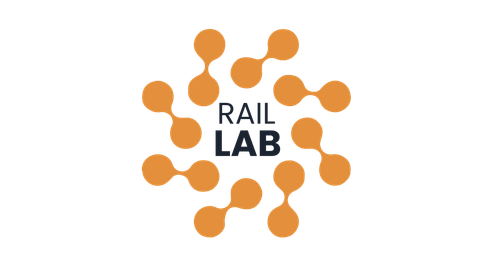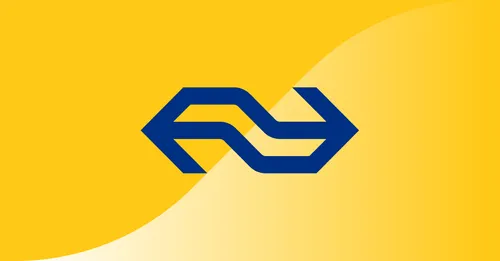The RAIL Lab is a research lab dedicated to developing AI technology to increase the overall logistic rail capacity. The lab works towards algorithmic support to ensure safe and reliable logistic operations and capacity planning that is trusted by human experts. The lab’s research goal is to tackle long-term challenges related to the dynamic management of transport demand on railway nodes, with the aim of responding quickly and adequately to changing circumstances. RAIL Lab is a collaboration between Delft University of Technology, Utrecht University, Dutch Railways, and ProRail.
Background
Public transportation has always been an important public service to facilitate mobility for all people. Rail is a major public transportation backbone that links cities all over Europe. It is green, safe, fast, and reliable, and expected to replace a significant part of the current air traffic between these cities. Due to its design principle, rail is a high-density mode of transportation with respect to the environment. However, to be able to make full use of the rail infrastructure capacity, some technological barriers need to be overcome. Traditionally, rail infrastructure capacity assignment to operators has been rather static, as laid down in a timetable that is made well in advance and remains valid for a long time period. Uncertainties are anticipated by adding slack regarding time and space.
To increase the overall logistic rail capacity, the industry has to reduce this slack and act on the actual circumstances and near-future expectations more often, which requires adaptive rail capacity assignment and dynamic, data-driven traffic control. This presents researchers and developers with difficult challenges related to the specific features of the rail infrastructure, as being characterized by a network of ‘pipelines’; that is, trains cannot overtake each other, and sequencing decisions are crucial but difficult to make due to their far-reaching effect. AI technology could enable a major breakthrough and hence deliver an important contribution to a permanently affordable, reliable, sustainable, and resilient public transportation system, accessible to all and ready for the next decades.
Two goals for the rail system are difficult to reconcile: on the one hand, meeting a growing demand for transport and, on the other hand, a robust operation. Passengers want seats and therefore need more trains, and for sustainable transport, we would like to use more cargo trains, but more trains on the same infrastructure are more likely to cause disruptions, and high-frequency dynamics in the case of cargo further complicates the situation. The incorporation of slack makes the system more robust but reduces the track capacity. This capacity is difficult and expensive to expand, especially in large cities. Significant work has been done on finding a good trade-off by proper timetabling, but many capacity issues nowadays appear around the stations, at the so-called railway nodes. This lab thus addresses robust operation on and around these railway nodes.
Research goal
We investigate whether, and how, an AI entity can be developed that supports human experts in answering logistics questions so that the transport system becomes more robust and the infrastructure is used as effectively as possible. Examples of these kinds of logistical questions are: what is a feasible shunting plan around railway nodes for the current situation? When is such a planning question not solvable? What is the logistics capacity of a railway node (station and shunting yard) under dynamic conditions? And what is the effect of a proposed adjustment of the rail infrastructure?
Throughout its run-time, the RAIL Lab will work towards algorithmic support to ensure safe and reliable logistic operations and capacity planning that is trusted by human experts in NS & ProRail. One outcome of the lab will be for trains to run with higher frequency and better punctuality and maximize seat availability for passengers so that people are more likely to choose rail over road. Another outcome is to have a more reliable estimate of available capacity and transport times for cargo companies that use rail to transfer goods. In order to achieve these outcomes, the long-term research challenges described in the Research section will be tackled. This will be done by addressing domain-related challenges regarding the dynamic management of transport demand on railway nodes: responding quickly and adequately to changing circumstances.








